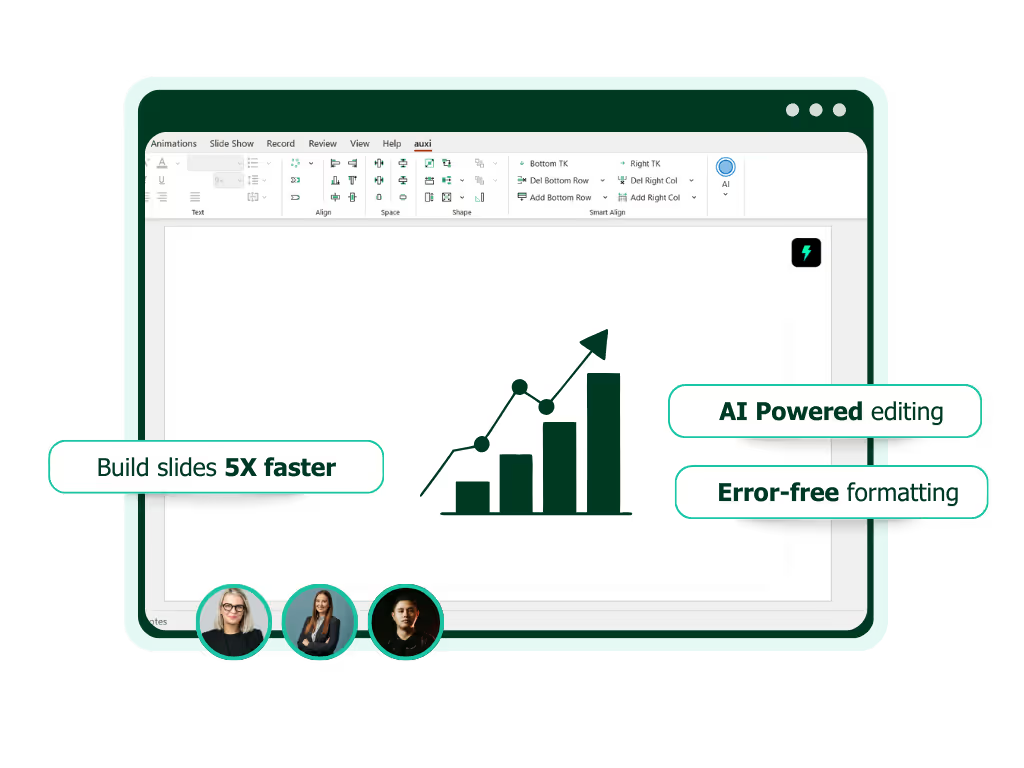Table of Contents
Consulting businesses are booming, and the recruiting market is more competitive than ever! That’s why recruiters or employers are looking to hire the best, to make them “best of the best” when they join their firms (read that again, it’s easy but you’re sleepy).
And I am here to help you become the best, as usual, duh.
So come on board and check out the following points to exactly know what big consulting firms want from you!
The Background.
- Your academic success is very important. It tells the recruiters about your learning and understanding abilities. Consulting, apart from the other skills it needs, is a journey of accumulating experience and continuous learning.
- Still, applicants who don’t have excellent academic performance can compensate through high performance on standardized tests, good networking, work experience and a good resume, which I’ll be diving more into soon.
- According to ZIPPIA’s Management Consultant Demographics and Statistics in the US, 22% of MCs have a master’s degree and only 6% have an associate degree. Majority has a bachelors.
- Looking up info about the firms you apply to is extremely important. You need to know what you’re getting into, if you qualify for it, and how to qualify for it.
The Application.
Here’s something I learned from one of McKinsey’s Recruiting Podcasts. Recruiters are interested in you. Your interests, work experiences, what you did to finance your studies, etc. Why?
- They analyze your experiences, do they show drive, initiative, leadership? Have you made a difference?
- Keep in mind, your “work experience” doesn’t have to be a great internship in a top firm, it just needs to show the important role you’ve played in making something!
- In an interview with the Global Head of Consultant Recruiting at Bain & Company, one thing really grabbed my attention: what they want to see in your resume, and what it should imply.
Academic background.
From your type of major, relevant courses, and GPA, a recruiter can build a first impression over your intellectual capacity.
Professional experience.
Recruiters can understand your type of professional maturity through the details of your work experience. How was it like for you to work in a team, what challenges have you solved and how, these are questions that a recruiter is looking forward to finding answers to in your resume.
Extracurricular activities.
Recruiters interpret your experiences and make inferences about your leadership skills through checking your extracurricular activities. Have you ever been on the hook for something going according to a plan? Ever had to adjust a plan last minute? How did you manage to fix something that didn’t go as planned? All these are general questions that recruiters would love to find answers to through your well written resume. A real-life simple example could be a brief mention of your experience saving prom from complete failure!
And remember, one page is enough to highlight the most important information in these three.
Interviews:
Interviews are a two-way thing; you get to know them, and they get to know you.
After checking hundreds of resumes and shortlisting some, the interview process begins to find the best candidates who have the skills for a successful job. There are several types and rounds of interviews, and you need to be well-prepared.
- The interview process differs from firm to another, but generally, there could be 1 to 2 resume interviews, 2 to 3 case interviews, and 1 written interview.
- What to expect in a personal/resume interview? Again, each firm is a bit different but this is what we gathered collectively.
- This won’t include calculations or tough questions, it’s all about you.
- Think of the interview as a nice dialogue with a friend or coworker.
- Think of it as story time, a concise and straight to the point one. You might be asked to talk about a time when you worked hard to get out of a bad situation on your own or in a team, what you did, how you thought and reacted, etc.
- The experiences you mention shouldn’t be older than 2 or 3 years.
- Do your homework. Why consulting? Why our firm?
- How to prepare for case interviews?
- Check out my previous Appendix post Follow My Pace to Ace the Case for some tips and tricks to ace your case interview.
- What is a written interview like?
- You are given some information about a situation, a goal and are required to layout your process / plan to reach it.
- Interview tips to keep in mind:
- Try to talk to a recruiter for advice.
- Some firms have interview coaching sessions, check those out.
- Know what you’re asking for, look up the firm.
- Read sample questions and solve practice cases on the firm’s websites.
- Mentally prepare yourself and have some calm space before you go.
- Case preparation is important, but don’t forget a good handshake, eye contact, and a warm smile every now and then. These could make you stand out!
So, if you’re a high performing student, have an analytic mindset, are comfortable with numbers, have an analytic capability to tackle challenges, can easily and comfortably connect with other people, thrive in team environments, collaborate well, and are ready to coach and get coached, you’re a catch for a top consulting firm!
And finally, keep in mind that the best of talents equal nothing without a humble attitude!



